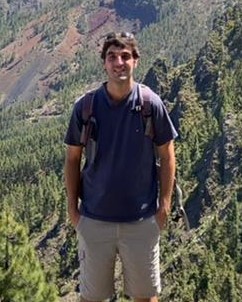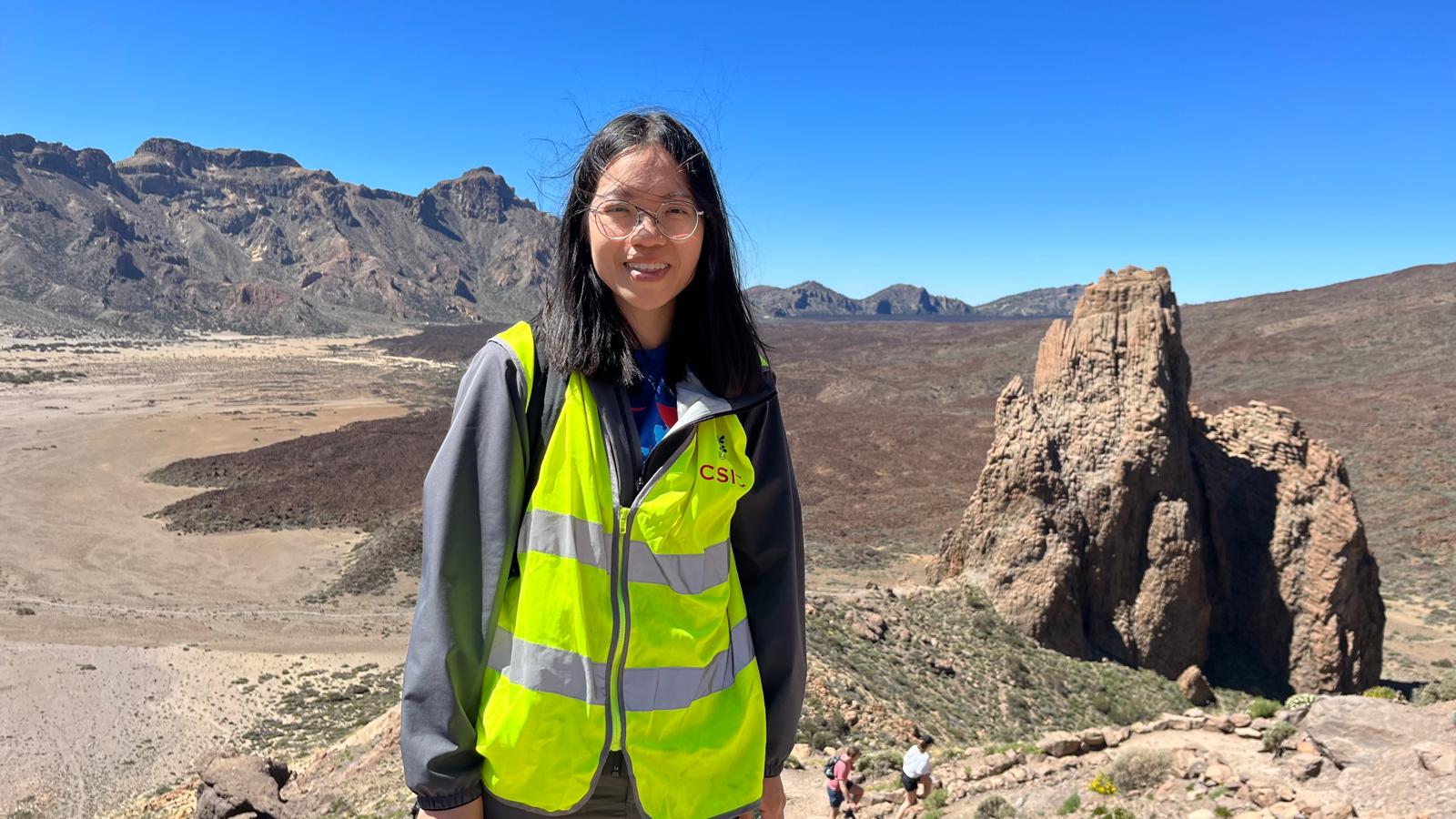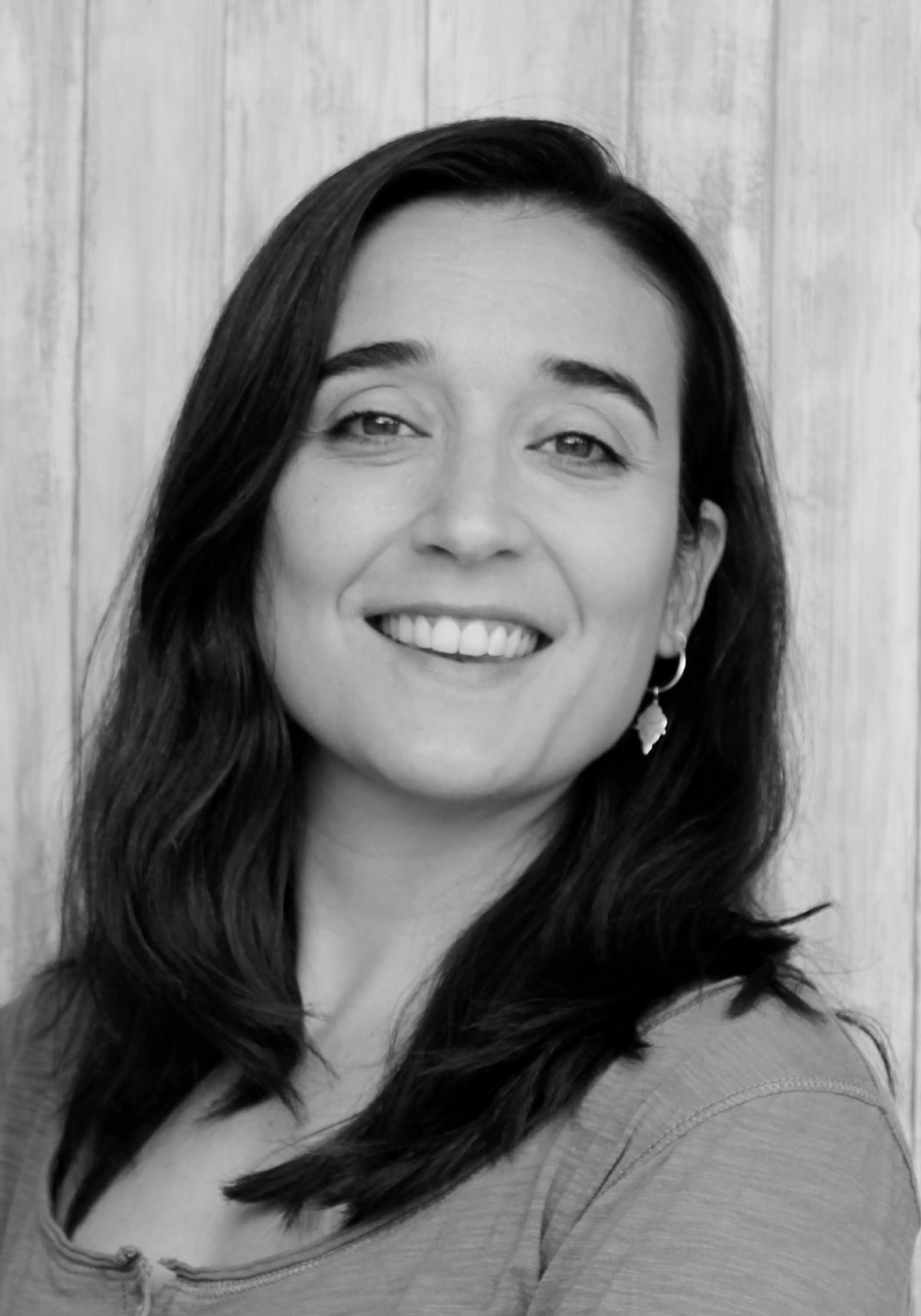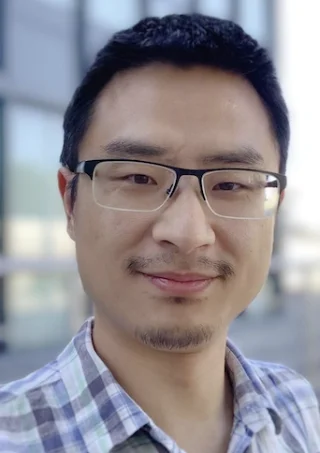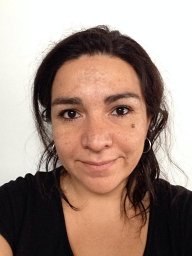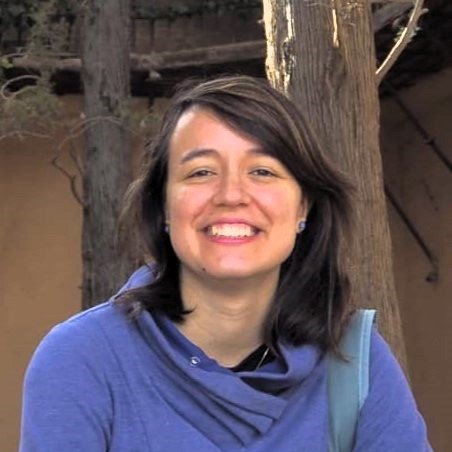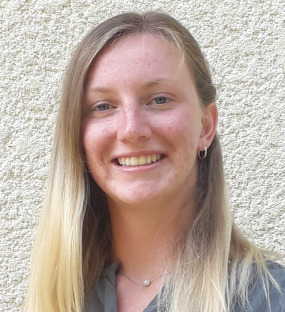Team
Active team members
Work with us
The Estación Volcanológica de Canarias is a research group within CSIC, Spain’s largest research-intensive institution. CSIC is not an academic institution and does not award PhD degrees. However, we are able to supervise, e.g.,
- early career researchers to be enrolled in Earth Sciences PhD programs at Spanish universities,
- postdoctoral researchers (Juan de la Cierva, Marie Curie, etc), or otherwise
- self-funded researchers or visitors who want to spend time in Tenerife to carry out a specific project.
If you are interested to collaborate, please contact me and come to research in Tenerife.
Expectations for a PhD/MSc researcher
You will generally be expected to create quality research-backed work based on the topic we define together, mainly based on your interests, my initial judgement of your previous experience/skills and my capability to supervise on that topic (i.e., subject knowledge and networking opportunities beyond the collaboration). This means that you will need to read and understand the relevant literature on the topic, and then you will need to be able to run state-of-the-art code and/or to implement the algorithms essential for your research. You will also need to be able to self-evaluate (be the most critical person) of your own work. I will review it and help to improve it, but you will always be closer to the work, so must act as the first line of defence on quality (this is essential to maintain a good reputation and relies on a strong ethics of work -> quality above anything). In short, you will need:
- a good literature review,
- a well-identified research gap,
- a decent treatment of the latter, and
- all of this done in a sound, scientific and reproducible manner.
The expectation is that you will do the bulk of the work over a period of 4 years (6 months for MSc studies). During the first and second years is usual to not publish anything, this is normal!,… you are in the process to become a world-expert in your topic and that necessarily takes time (be patient with your progression,… more than you might think). Based on your research, it is usual to communicate results in approx. three manuscripts (one paper for MSc is an excellent outcome). You will also be expected to present your work at conferences and a thesis defence, therefore, presentation skills are essential to graduate with a good PhD/MSc. We will practice those skills during our weekly meetings.
If you have doubts about this working philosophy, please do not hesitate to contact me.
Team alumni
Undergrads and Internships
| Title | Description | |
|---|---|---|
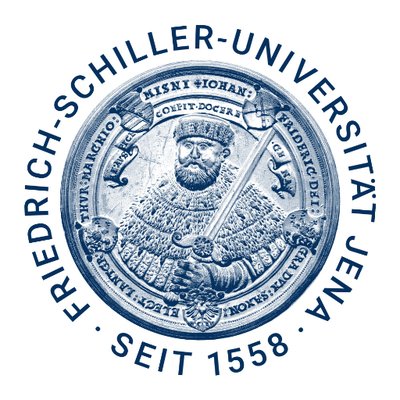
|
Solveig Pospiech | BSc Earth Sciences (2008) Satellite radar interferometry observation of the Carboneras Fault, Almeria, SE Spain |

|
Cameron McKee | BSc Earth Sciences (2013) Analysis of TerraSAR-X Data in the Canary Islands |

|
Liam Finnerty | BSc Geophysics (2015) Block-like vs continuum deformation of the Iberian peninsula |

|
Hannah Gigg | BSc Geophysics (2017) Mechanics of megathrust events: the 2016 M7.8 Pedernales, Ecuador earthquake |

|
Jennifer Bichard-Collins | BSc Geophysics (2017) Graben formation at magmatic rifting zones using mechanical numerical modeling |

|
Daniel Tucker | BSc Geophysics (2018) High-resolution topography of Artic Canadian permafrost landforms using UAV drones |

|
Kholood Said Hamood | BSc Geophysics (2018) Detecting underground tunnels using microgravity: Williamson tunnels site |

|
Peter Reeve | BSc Geophysics (2018) Detecting post-seismic deformation associated to the 2016 M7.8 Ecuador earthquake using radar interferometry |

|
Sabina Maxutova | BSc Geophysics (2018) Citizen science: building, operating and processing GNSS sensors and data for geophysical applications |

|
Ben Creswell | BSc Geophysics (2019) High-resolution topography of volcanic lava flows using UAV drones |

|
Job Yuya Ndombasi | BSc Geophysics (2019) GPS and seismic changes to forecast volcanic activity |

|
Sassa Capitia | BSc Geophysics (2019) High-resolution topography of Artic Canadian permafrost landforms using UAV drones |

|
Wathab Al-Mahrezi | BSc Geophysics (2019) Are volcanic eruptions at Fogo (Cape Verde) volcano volume- or time-predictable? |

|
Alfonso Mitrotti García | BSc Physics (2020) Estimación de la humedad del suelo en el entorno del Observatorio Meteorológico de Izaña derivadas de observaciones de reflectometría GNSS |

|
Diego Alfonzo Pérez Carmona | BSc Physics (2020) Variación temporal del campo de ondas sísmicas difuso ambiental en volcanes activos |

|
Megan Udy | BSc Geophysics (2020) Wildfire detection: Studying the sensitivity of InSAR interferometry as a tool for tracking wildfires in subtropical and equatorial environments |

|
Carlos Socas | BSc Physics (2022) Caracterizacion geomecanica del flujo de fluidos en medios porosos sistema acuifero de Izaña, Tenerife |
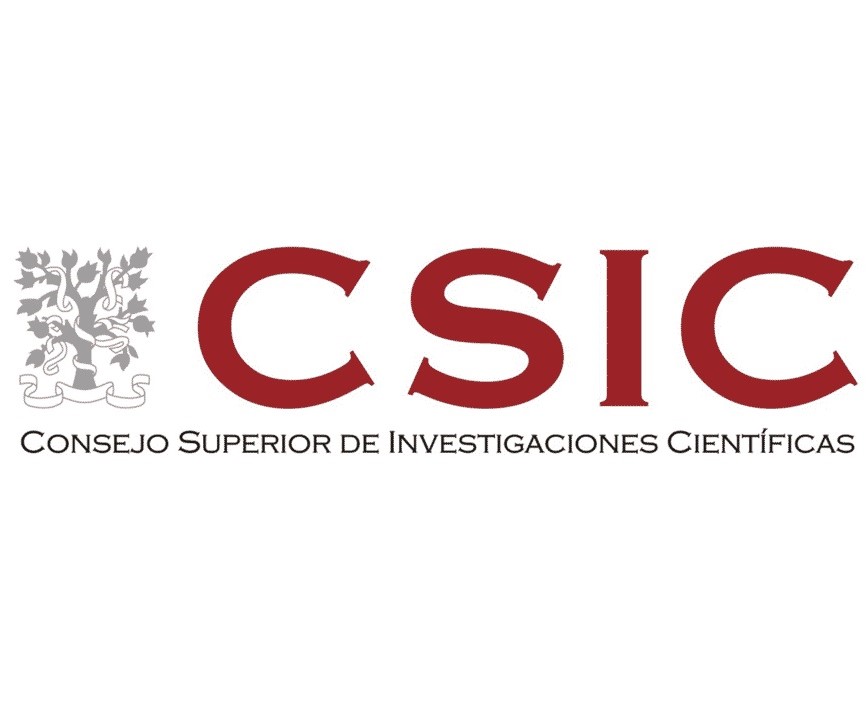
|
Bruno Mesa | Investigo program (2022-2023) Learning manifolds on volcanic rocks geochemical databases |

|
José Andrés Ramos Mendoza | BSc Physics (2023) Procesamiento de datos geofísicos y geodésicos de la erupción de 2021 La Palma |

|
Luis Signorelli Pacheco | BSc Physics (2023) Procesamiento de datos geofísicos y geodésicos de la erupción de 2021 La Palma |
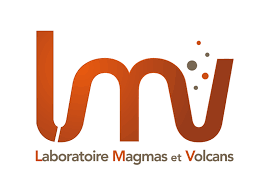
|
Álvaro Rodríguez Ortega | BSc/MSc Geology (2024) Analysis of tilt variations during basaltic eruptions |

|
Daniel Gómez Medina | BSc Physics (2024) Machine Learning y su impacto en el pronóstico de detección de cambios de actividad volcánica |

|
Jorge Febles Quilis | BSc Physics (2024) ChatGPT/Llama2 LLM (Large Language Models) aplicación a aceleración de tareas científicas en volcanología |

|
Lucía Martín-Ariza | Investigo program (2023-2024) Inversion of groundwater flow parameters on volcanic aquifers |

|
Jesús Javier Apesteguía Caraballo | BSc Physics (2025) Vigilancia de volcanes activos: Termometría desde satélite |

|
Laura Rodríguez Torres | BSc Physics (2025) Vigilancia de volcanes activos: Termometría desde satélite |

|
Mónica Marín Sánchez | BSc Physics (2025) Vigilancia de volcanes activos: Termometría desde satélite |

|
Sergio P. Alfaya | CSIC JAE-Intro research fellow (2024-2025) Geomorphometry of volcanoes using LiDAR technology |

